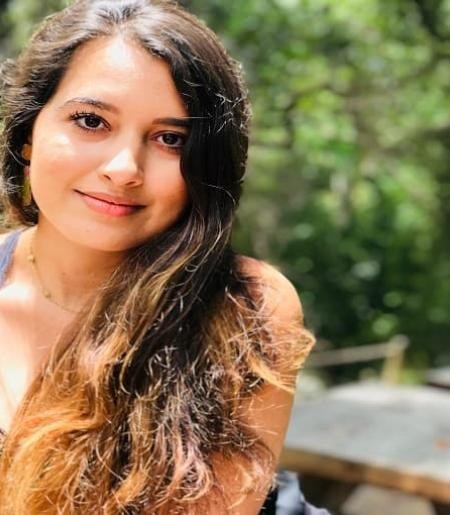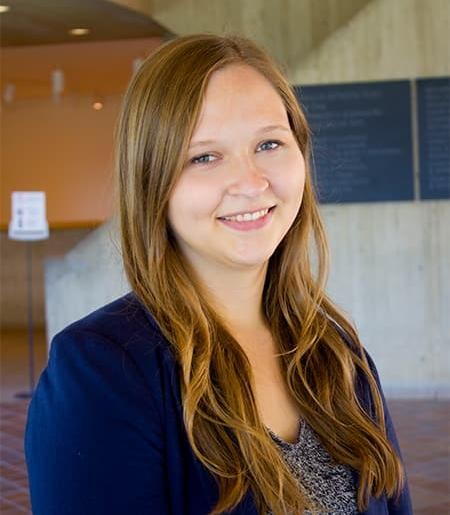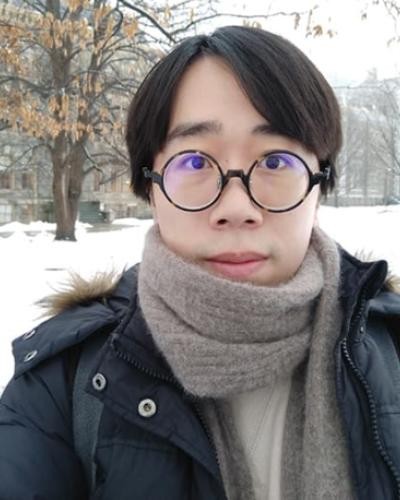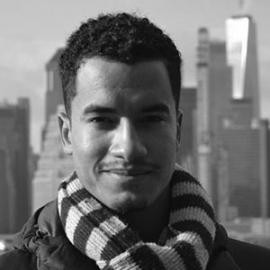News directly from Cornell's colleges and centers
First group of Zhu Fellows named in Arts & Sciences
By Kathy Hovis
Four doctoral students studying fields in the College of Arts & Sciences are the inaugural recipients of the Zhu Family Graduate Fellowships in the Humanities.
Alexia Alkadi-Barbaro in government, Dusti Bridges in anthropology, Du Fei in history and Jason Ludwig in science and technology studies will be able to use the funds to focus on their research and complete their dissertations.
The fellowships were created through a gift from Jonathan Zhu, J.D. ’92, and Ruby Ye, M.S. ’90, Ph.D. ’92, to elevate humanities scholarship in the college. They add to other humanities-focused initiatives within the College, including numerous faculty recruitments, the Humanities Scholars program, Klarman Fellowships, New Frontier Grants and public engagement efforts.
Alkadi-Barbaro is writing a dissertation entitled “Finite Earth: Repair in the Shadow of Empire.” Her work explores the intersection of anticolonial and ecological politics in the 20th-century global south by recovering the theories and contexts of four figures with radical ideas for overcoming global racial hierarchy and its twin project of environmental exhaustion.
"My dissertation focuses on tracing the political thought of thinkers who were from and traversed the Caribbean, Africa, the Middle East and the United States and whose reflections and activism on the meaning of environmental damage, domination, and repair were shaped in each of these contexts throughout the 20th century,” she said. “I am incredibly grateful for the Zhu fellowship as it will allow me the time to engage in archival research that is so vital for the construction of my project and the essential time to write my dissertation free of teaching obligations."
Bridges, who also received her master’s degree from Cornell in 2018, is focusing her dissertation — “ ‘United with them in good feeling and friendship’: Indigenous Agency, Archaeological Collections, and Revisiting the Incorporation of the Wendat among the Hodinöhsö:ni'” — on archaeology and American Indian and Indigenous studies. Her work considers how archaeology might be deployed to provide positive benefits to Indigenous North American communities, rather than follow the exploitative patterns of the past.
“Time has become the most important resource for my project,” Bridges said. “This generous fellowship will allow me to dedicate more time to museum and community-centered research, (re)mapping Indigenous material heritage in museums back into the stories they can tell and the communities that they are meaningful to.”
Fei’s work — “Virtuous Inheritance: Gendering Economic Life and Islam in Global South Asia, circa 1660-1900,” — explores the economic and social history of Muslim women in this region during a time period that proved foundational for both the global economy and for a recasting of Islamic law by European colonial empires.
“The Zhu Family Fellowship will provide essential support for my international dissertation fieldwork across three continents,” Fei said.
Ludwig’s dissertation, “Automating Blackness: Race and Computerization in America, 1968-2000,” tracks the development of computerized identification systems within American employment services, law enforcement and public health. His work explains how those systems transformed 20th century racial discourses and shaped a data-oriented approach to combating racial and social inequality.
"I am extremely grateful to receive the Zhu Family Fellowship, which will be invaluable support for me to continue research with the papers and archives of Civil Rights activists, non-profit organizations, and community health experts,” Ludwig said. “Through this work, I hope to understand how their ideas and practices around data and social inequality might reframe contemporary debates around algorithmic bias and discrimination."
Media Contact
Get Cornell news delivered right to your inbox.
Subscribe




